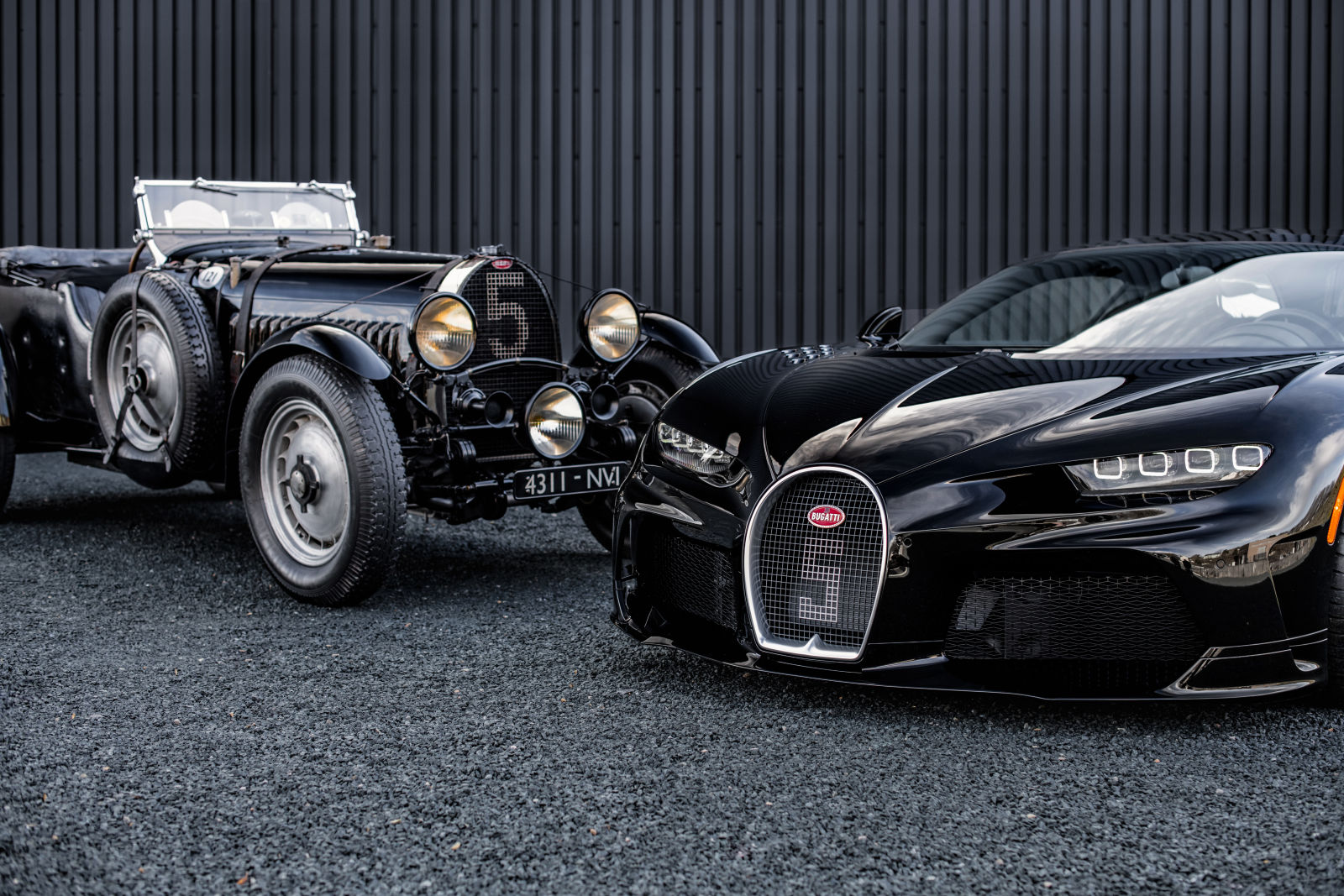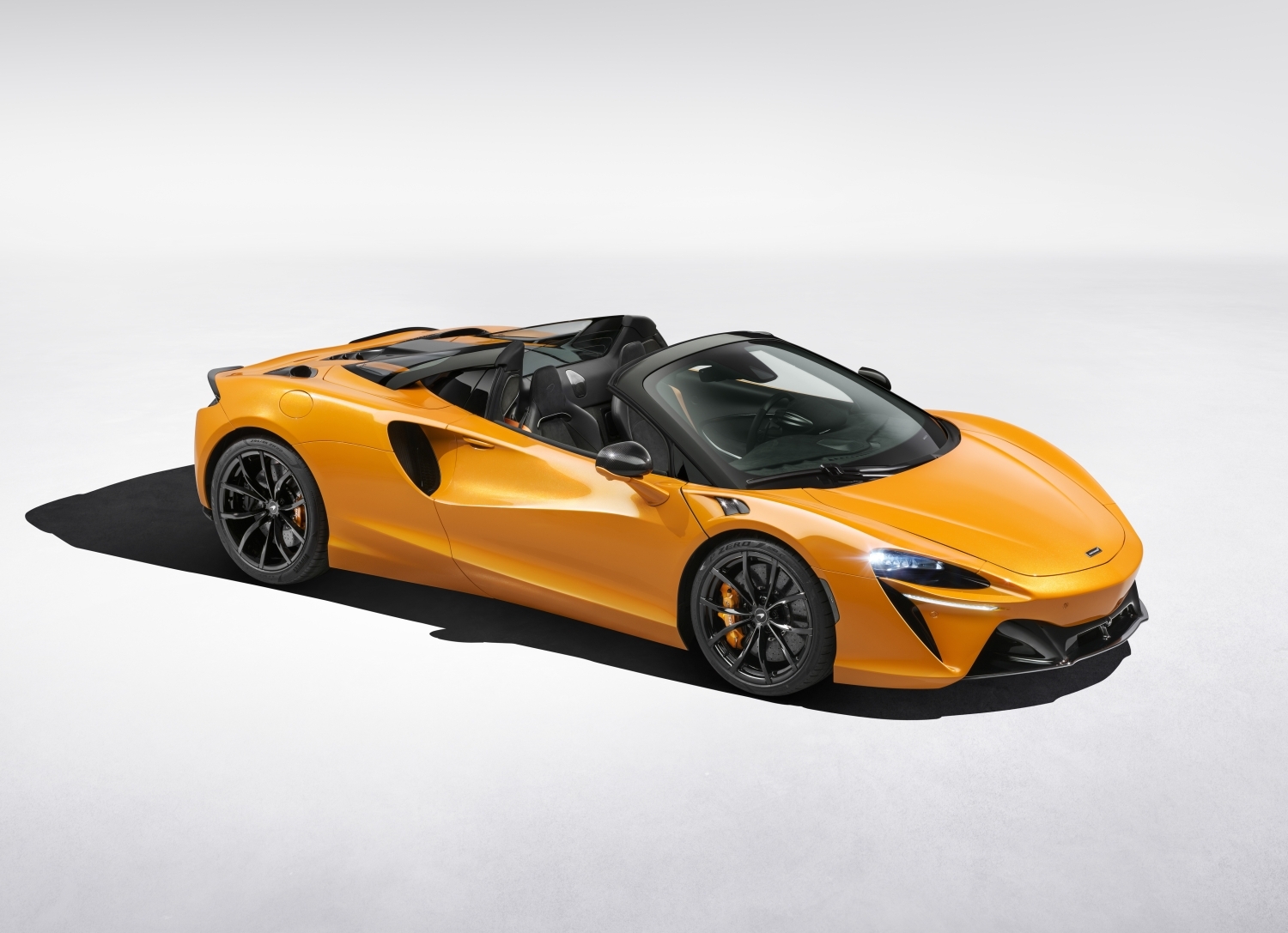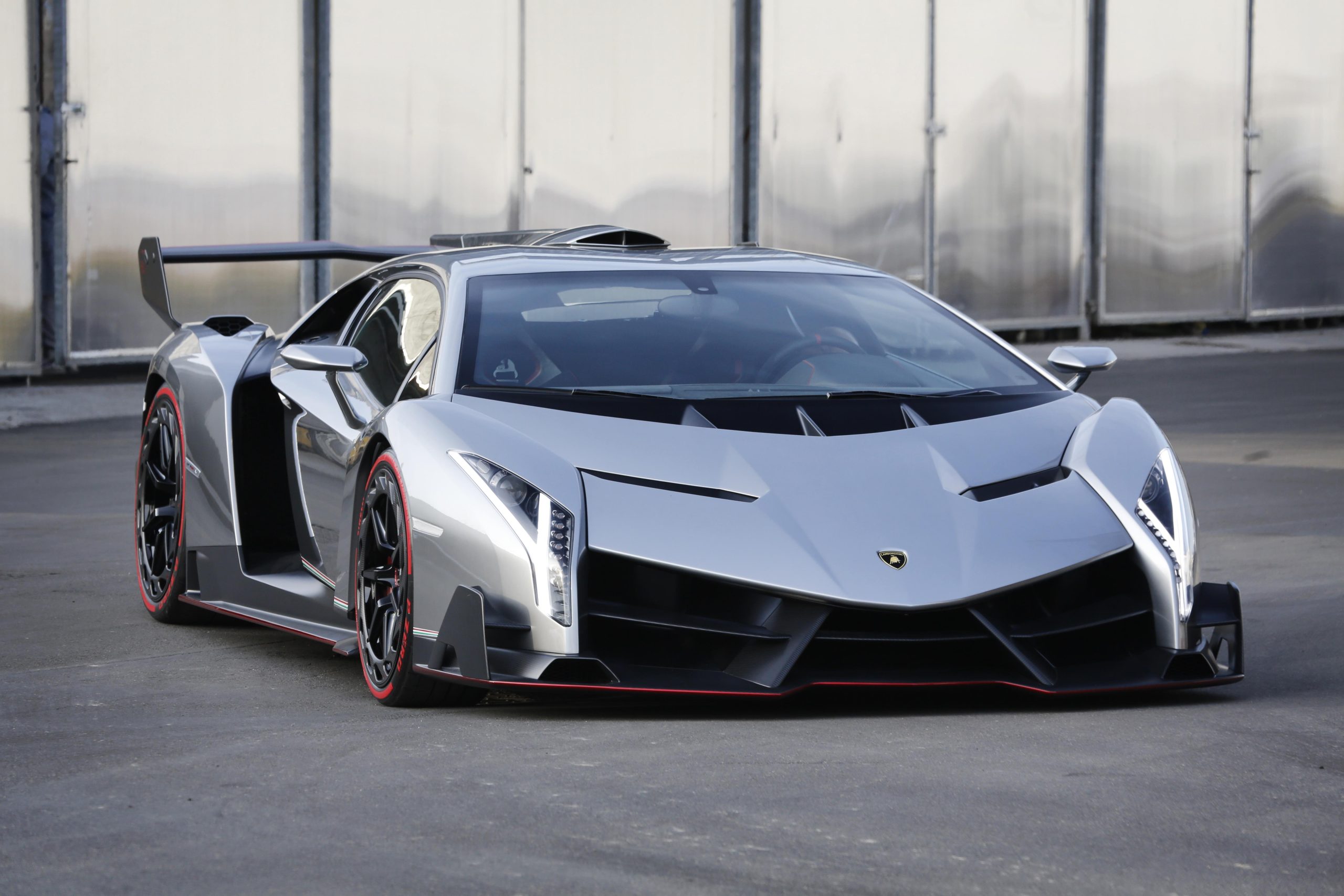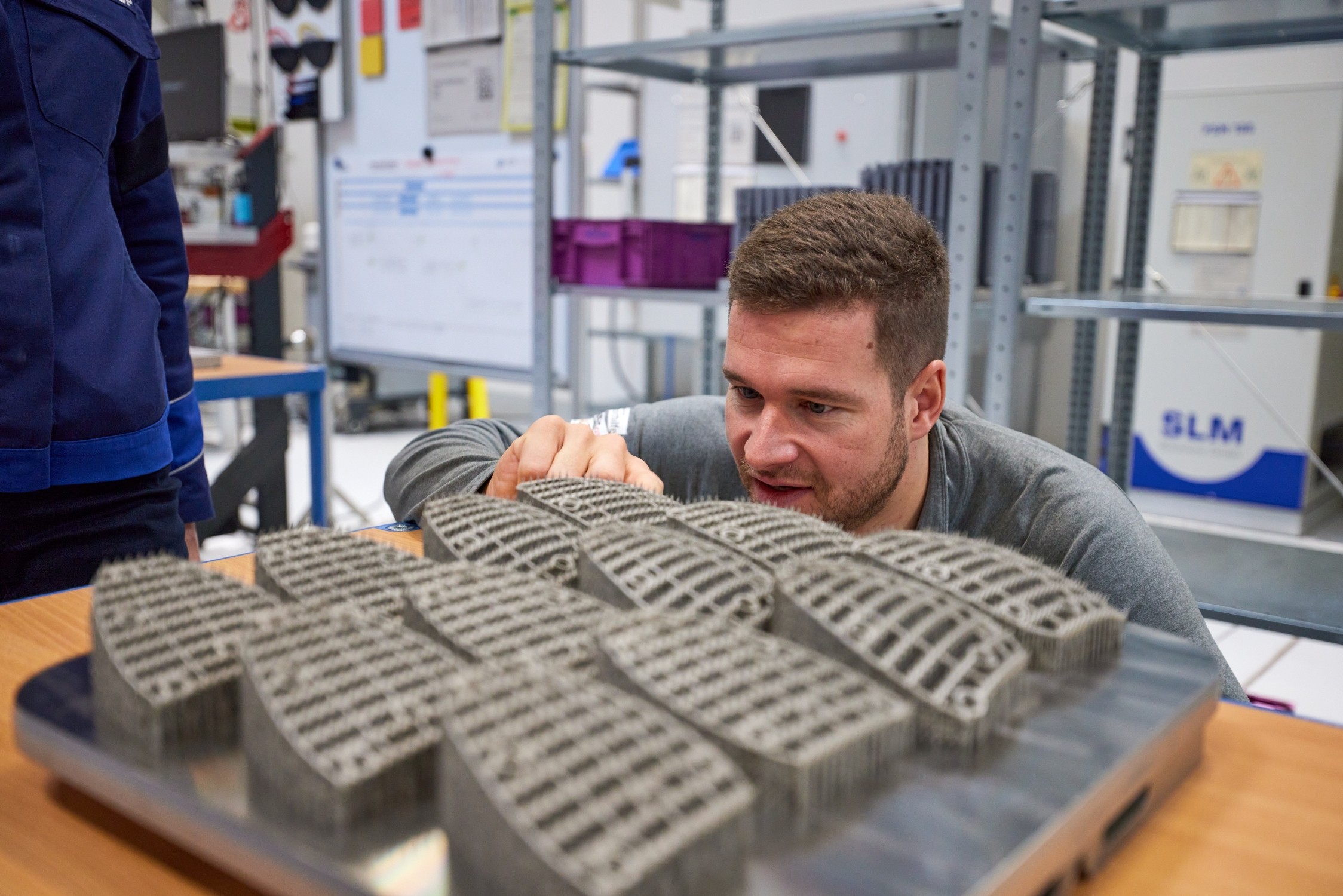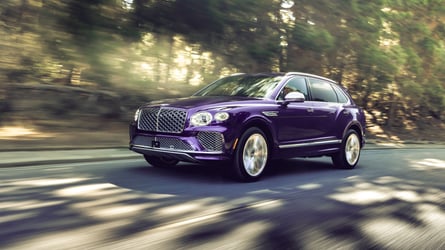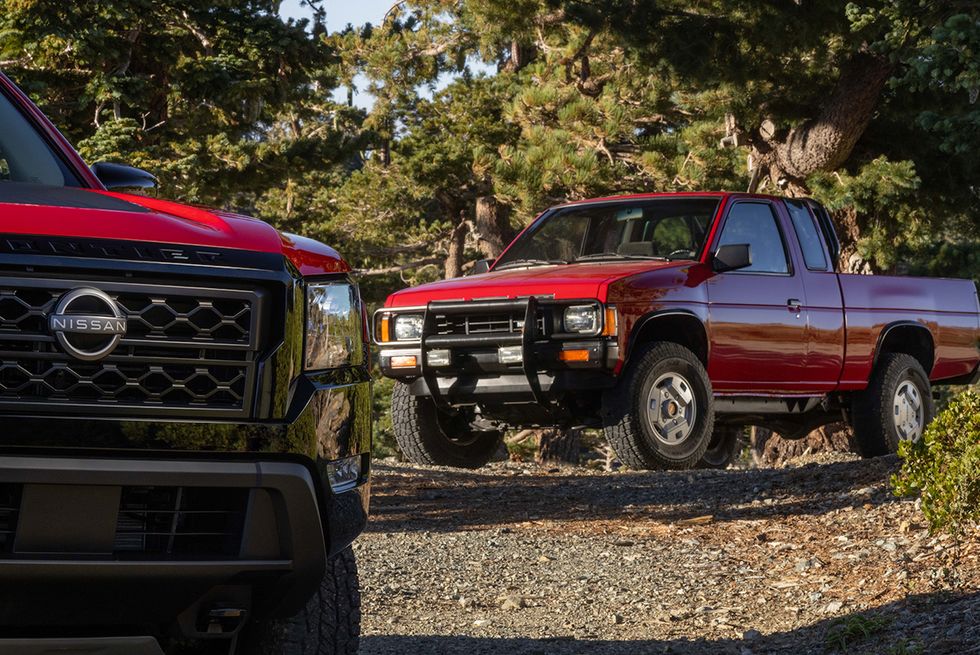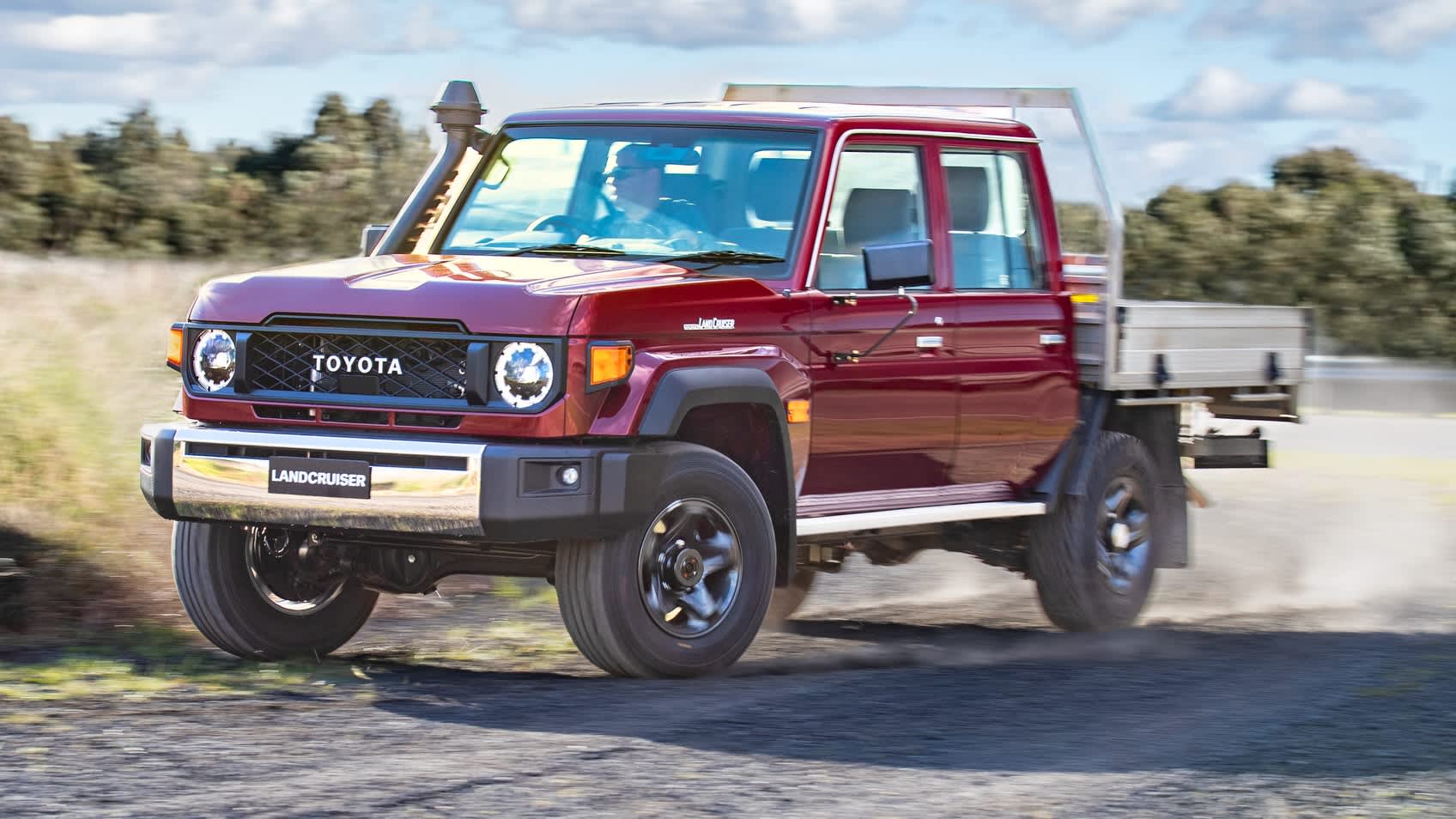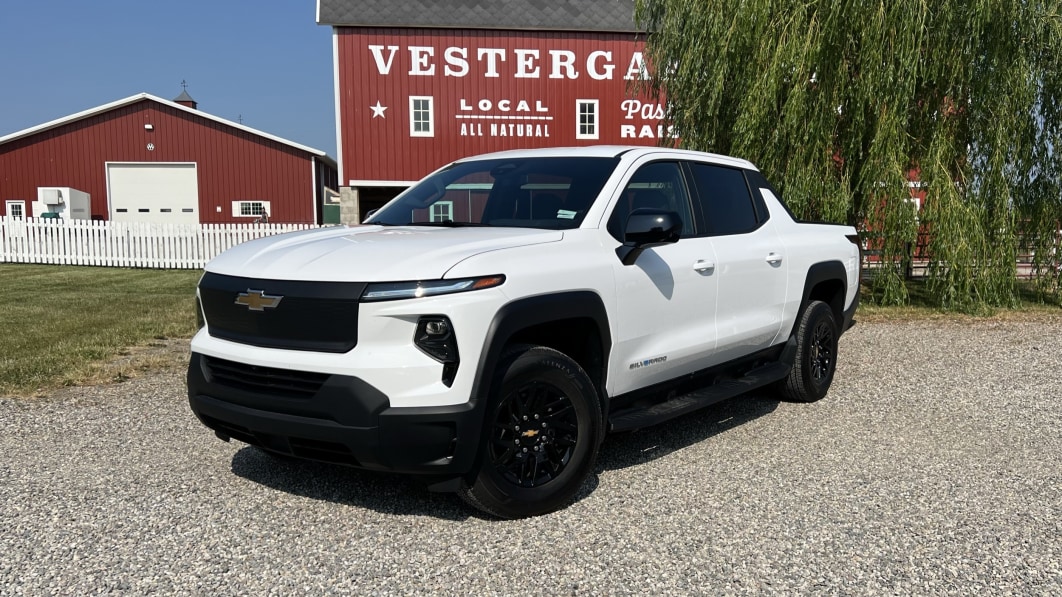Volkswagen: Significant CO2 savings possible
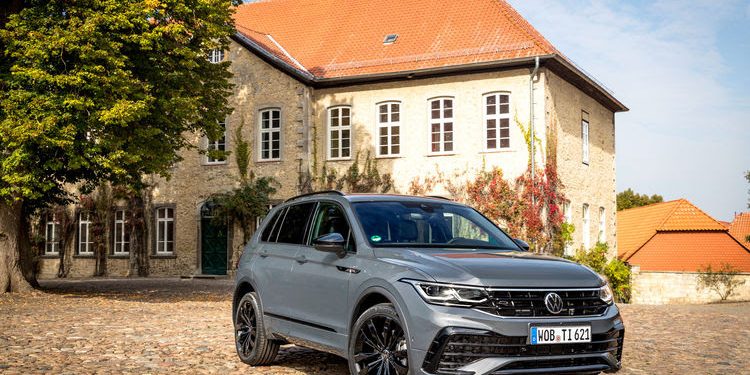
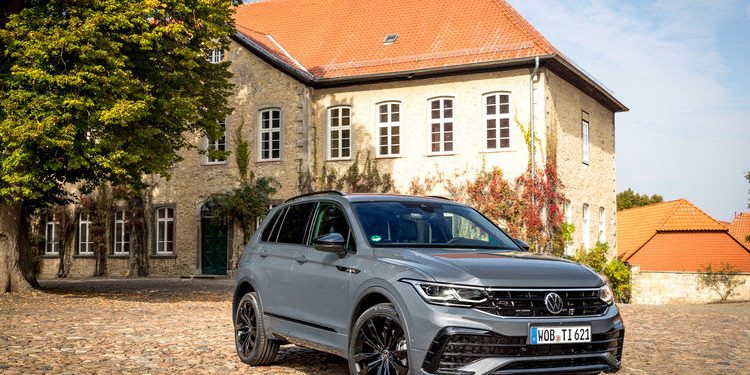
Contents
Latest-generation diesel engines approved for fuels made from residual and recycled materials
- Diesel fuel with bio-components significantly improves carbon footprint with use particularly interesting for fleet customers
- Latest-generation 4-cylinder diesel engines comply with European standard EN15940 to permit use of regenerative fuels
- Parallel to expanding electric mobility, Volkswagen is also continuing development of the combustion engine fleet in order to reduce emissions

Tiguan 2.0 TDI, 147 kW DSG 4MOTION – fuel consumption in l/100 km (NEDC): urban 6.3 / extra-urban 4.7 / combined 5.3; combined CO2 emissions in g/km: 140, efficiency class: B.
Volkswagen plans to reduce the carbon footprint of its fleet in Europe by 40 percent by the year 2030.
The company is therefore increasingly focusing on fully and partially electric vehicles. As a further alternative, Volkswagen is now officially approving models with the latest-generation 4-cylinder diesel engines for use with paraffinic fuels.
These newly developed diesel fuels containing bio-components permit significant CO2 savings of 70-95 percent compared with conventional diesel. Alongside its accelerated ramp-up efforts in the area of electric mobility, Volkswagen is systematically further developing the existing range with combustion engines. In this way, the company is responding to different customer needs while at the same time taking into account the internationally varying drive system preferences and the respective general conditions.
All Volkswagen models with 4-cylinder diesel engines (TDI) delivered since the end of June this year (CW 25/21) are approved for operation with paraffinic diesel fuels in accordance with European standard EN 15940. Prof. Thomas Garbe, Head of Petrol and Diesel Fuels at Volkswagen, explains: “Through the use of environmentally friendly fuels in the approved Volkswagen models, we are making it possible for customers throughout Europe to significantly reduce their CO2 emissions as soon as the fuel is locally available. For example, the use of paraffinic fuels is a sensible additional option particularly for companies with a mixed fleet made up of models with electric and conventional drives.”
There is a wide range of different paraffinic fuels. There are fuels that are produced from biological residual and waste materials such as HVO (hydrotreated vegetable oil), for example. These vegetable oils are converted into hydrocarbons by a reaction with hydrogen and can be added to the diesel fuel in any quantities.
They can also be used 100 percent as fuels, however. Vegetable oils such as rapeseed oil can also be used for production of HVO, but the maximum environmental benefit is obtained only through use of biological residual and waste materials such as used cooking oil, sawdust, etc. Biofuels such as HVO are already available on the market, and it is likely that their share could increase to 20 to 30 percent in the energy market for road transport in Europe within the next ten years.
Paraffinic diesel fuels can already be found on the market – in a few cases – under different product designations, e.g.
- C.A.R.E diesel,
- NEXTBTL,
- HVO.
Also available and much more widespread are diesel fuels that comply with the requirements of standard EN590 and to which paraffinic diesel has been added. These include
- Diesel R33,
- V-Power Diesel,
- OMV MaxMotion,
- Aral Ultimate Diesel, etc.
These fuels can be used in all diesel engines, even older engines.
In addition, there will also be so-called e-fuels such as PtL (Power-to-Liquid) in future. These are produced from regenerative sources using CO2 and electricity. XtL or X-to-Liquid, GtL, and PtL make use of the possibility of initially producing a synthesis gas from different raw materials and then converting this to standard-compliant diesel fuel by means of the Fischer-Tropsch process. Excess green energy can be used here in the production process.
Alternative fuels as an additional element on the Way to Zero
Volkswagen’s electric mobility offensive is being significantly speeded up once more as part of its ACCELERATE strategy. By 2030, it is planned to increase the share of all-electric cars sold in Europe to over 70 percent. Parallel to this, the combustion engine fleet will be systematically further developed in order to reduce CO2 emissions and increase efficiency.
The company wants to be completely climate-neutral by 2050. On the “Way to Zero”, Volkswagen’s goal for 2030 is to reduce emissions per vehicle in Europe by 40 percent compared with 2018 – which means that each Volkswagen vehicle will then emit 17 tonnes less CO2 on average throughout its life-cycle. As part of its ACCELERATE strategy, Volkswagen intends to become the most desirable brand for sustainable mobility.
You may also like 11 Essential Things In Your Roadside Emergency Kit.

